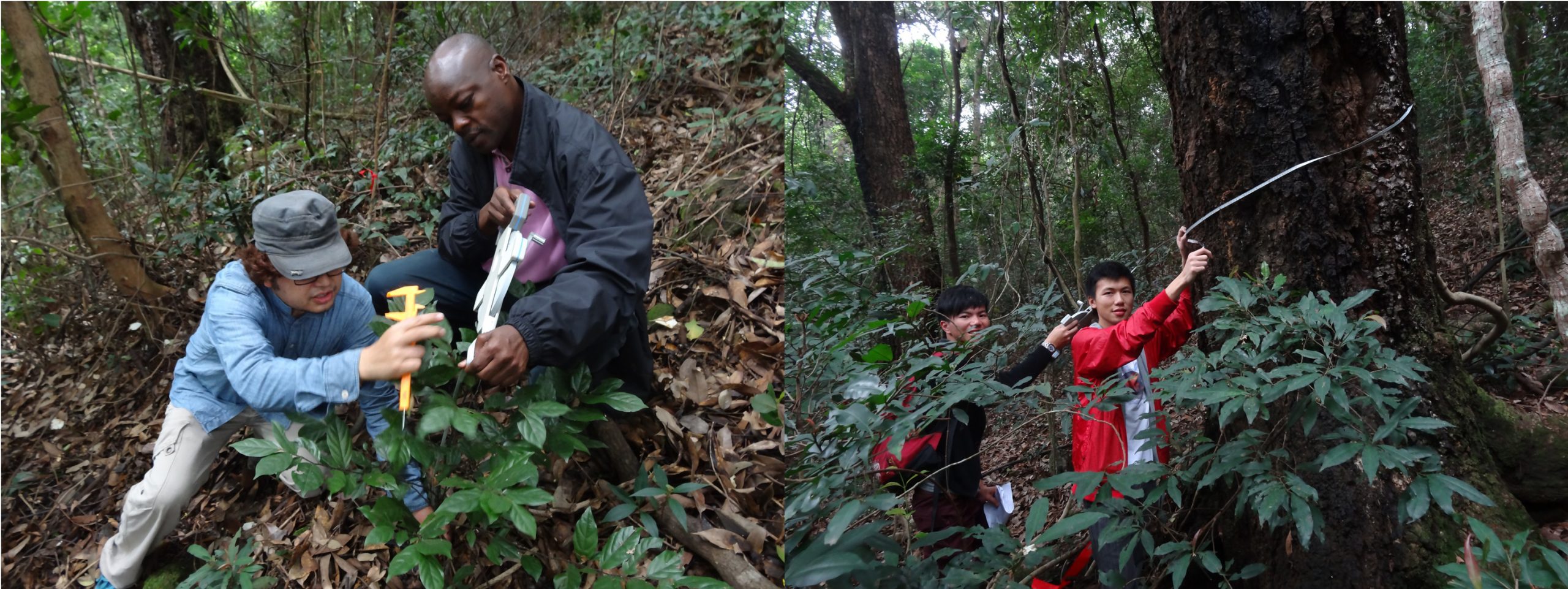
Global deforestation and forest degradation accounts for approximately 17% of global greenhouse gas emissions, which is more than the global transportation sector and third only to the global energy (26%) and industrial sectors (19%) (UN-REDD, 2012). Understanding the importance of forest conservation in adapting to climate change, the parties to the UN Framework Convention on Climate Change (UNFCCC) have agreed to start the global Reducing Emissions from Deforestation and Forest Degradation (REDD) programme in order to slow, halt and reverse forest loss and the related emissions in developing countries.
REDD+ goes beyond combating deforestation and forest degradation, and also includes the role of conservation, sustainable management of forests and enhancement of forest carbon stocks. The main premise of REDD+ is straight forward; developing countries receive financial incentives from developed countries to store the carbon in their (tropical) forests through so-called carbon credits. So far sixteen developing countries are already involved in the UN-REDD programme and are developing their national programmes as well as implementing REDD+ activities in pilot areas. UN-REDD is not the only multilateral agency involved in REDD. Other multilateral REDD initiatives include the Forest Carbon Partnership Facility (FCPF) and the Forest Investment Programme (FIP), hosted by the World Bank.
The UN-REDD programme provides several challenges, many of which are yet to be addressed by scientific research. This includes how carbon stocks are measured, verified and tracked over time; how the financial incentives can be equally spread among the affected (indigenous) communities who are living in the forests targeted by the UN-REDD programme; and how local communities can be effectively involved in the programme.
This project explores way to address the aforementioned challenges and develops joint research among universities from developed countries, universities from developing countries, and non-governmental organizations to share knowledge as well as build each other’s capacity through collaborative activities such as conferences, seminars, and postgraduate student exchange.
Conference
The International Conference on Adopting REDD+ for Conservation, Sustainable Community Livelihood and Climate Change Mitigation was held at The Chinese University of Hong Kong on 13-15 December 2013 and it attracted some 80 participants from around the world.
Reports on the Conference
- CUHK Newsletter No. 432 (19 Feb 2014)
- International Union of Forest Research Organizations News, Issue 2, 2014, Scientific Summaries (PDF version)
In 2019
Academic Publications
- Bayrak, M.M. & Marafa L.M. (2019): Are Vietnamese farmers able to combat global climate change? A case study on perceptions & attitudes towards sustainable forest management & REDD+ in Central Vietnam. Journal of Sustainable Forestry. Jun 2019
In 2017
Academic Publications
- Bayrak, M.M & Marafa, L.M. (2017). Livelihood Implications & Perceptions of Large Scale Investment in Natural Resources for Conservation & Carbon Sequestration: Empirical Evidence from REDD+ in Vietnam. Sustainability, 9, 1802
- Bayrak, M.M. & Marafa L.M. (2017). The role of sacred forests & traditional livelihoods in REDD+: Two case studies in Vietnam’s Central Highlands. Shifting Cultivation Policies: Balancing Environmental & Social Sustainability”, M. Cairns (Ed). CABI
In 2016
Academic Publications
- Journal Article: Bayrak, M.M., Marafa, L.M. Ten Years of REDD+: A Critical Review of the Impact of REDD+ on Forest-Dependent Communities, Sustainability (Switzerland) 8(7), pp. 1-22
- Book chapter: Bayrak, M. M. and L. M. Marafa The role of sacred forests and traditional livelihoods in REDD+: Two case studies in Vietnam’s Central Highlands. Shifting Cultivation Policies: Balancing Environmental and Social Sustainability. M. Cairns (Ed).
Selected outcomes
- Multiple research papers published.
- Hosted international conference on “Adopting REDD+ for Conservation, Sustainable Community Livelihood and
- Climate Change Mitigation” at The Chinese University of Hong Kong, December 2013.